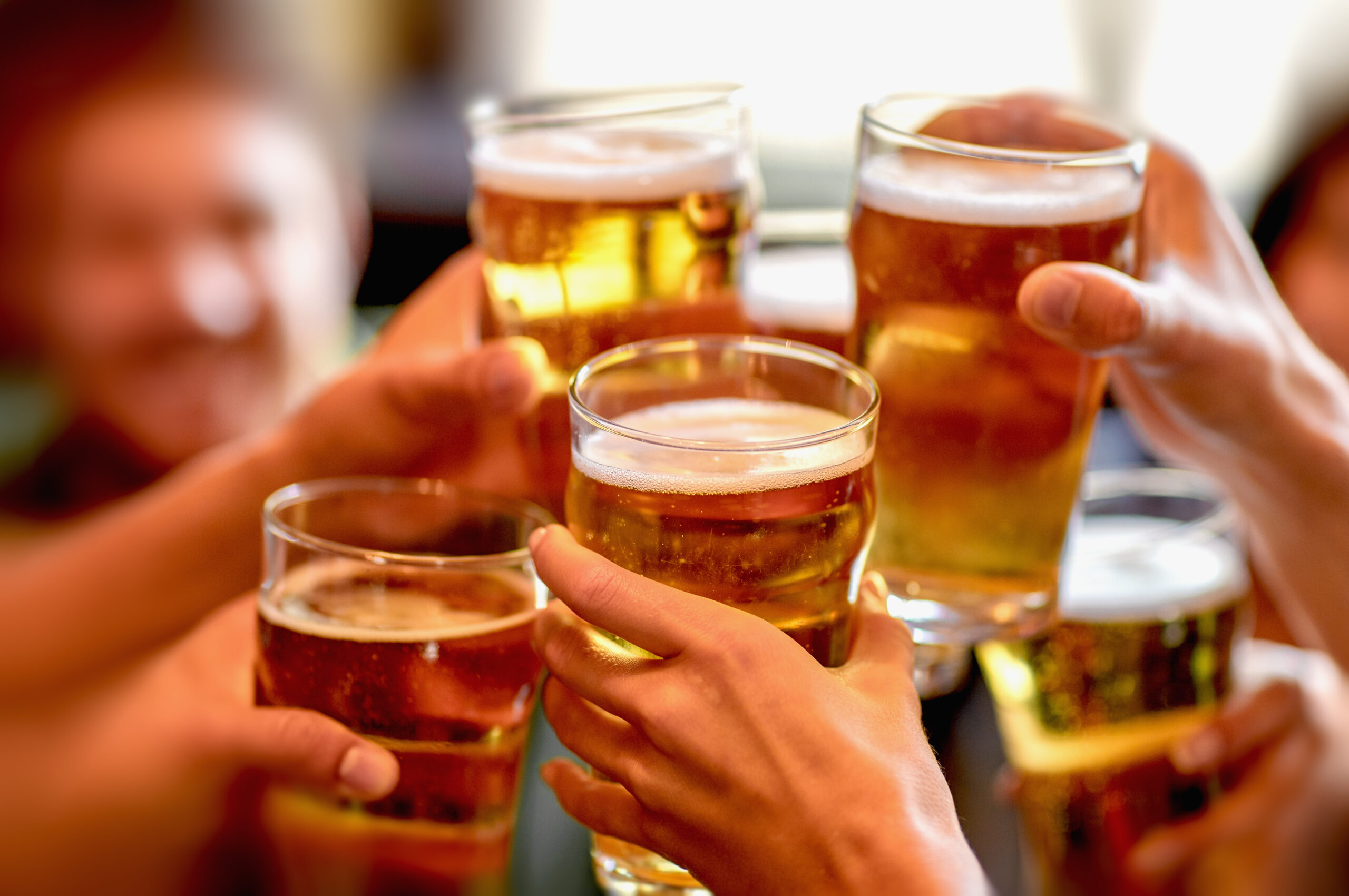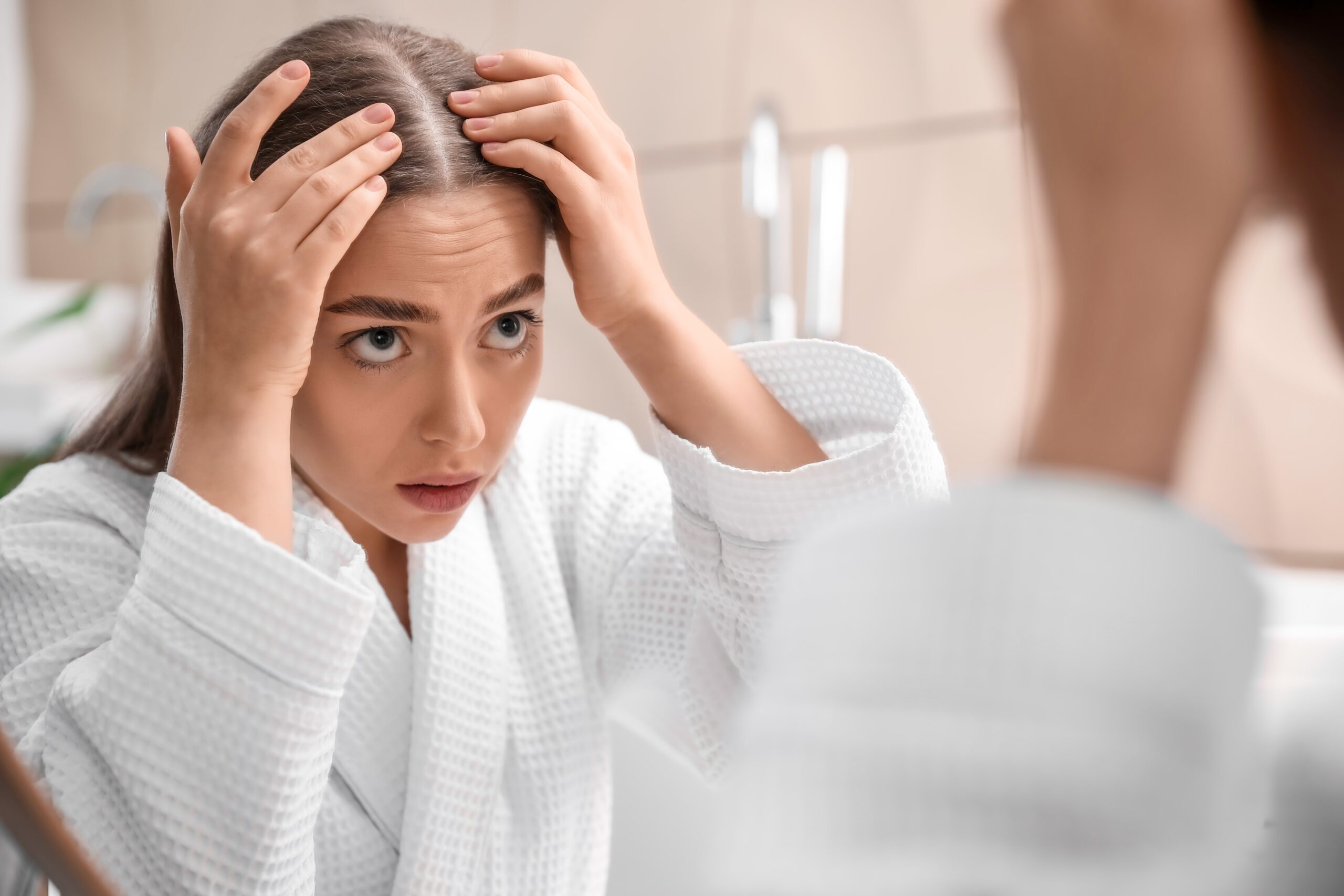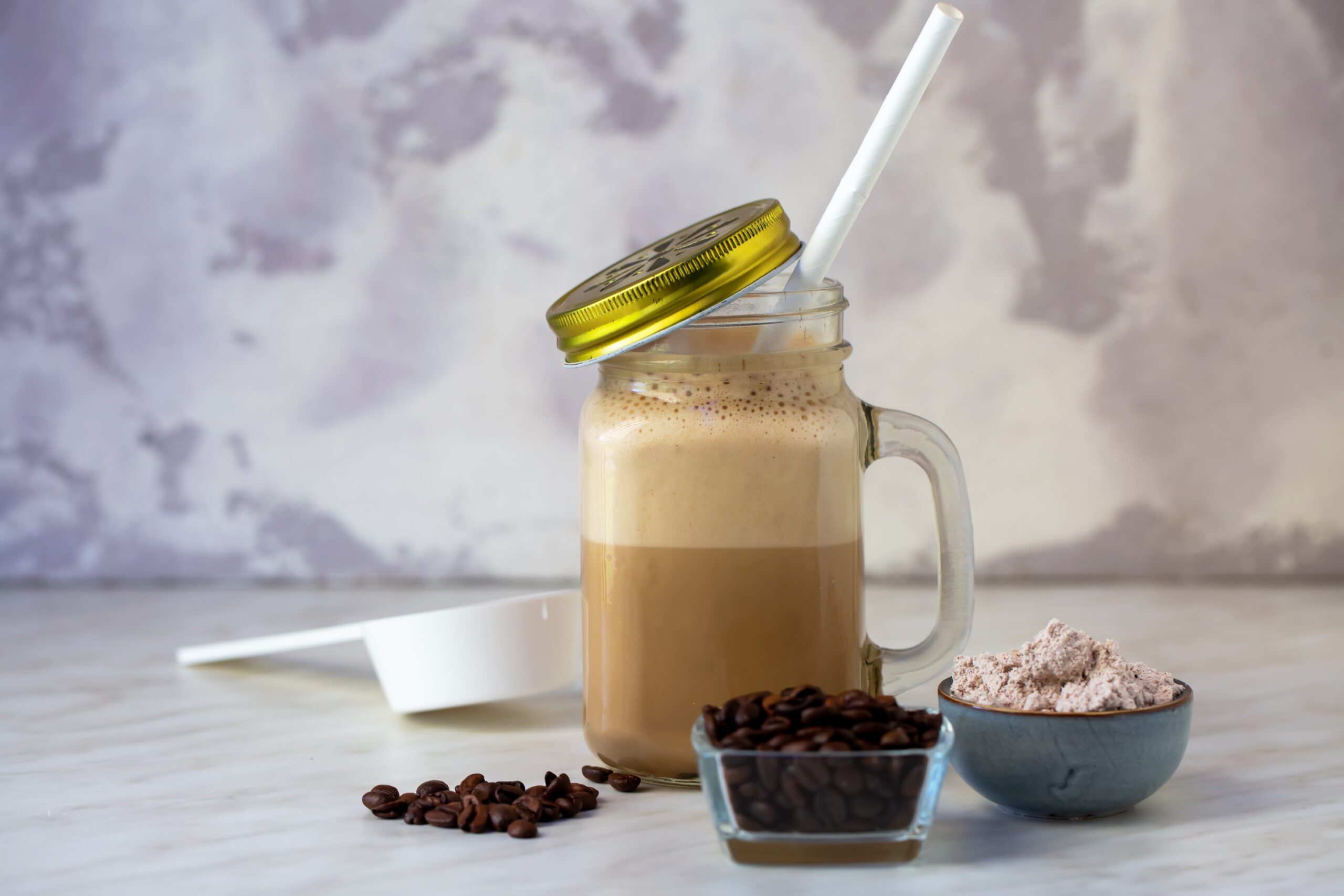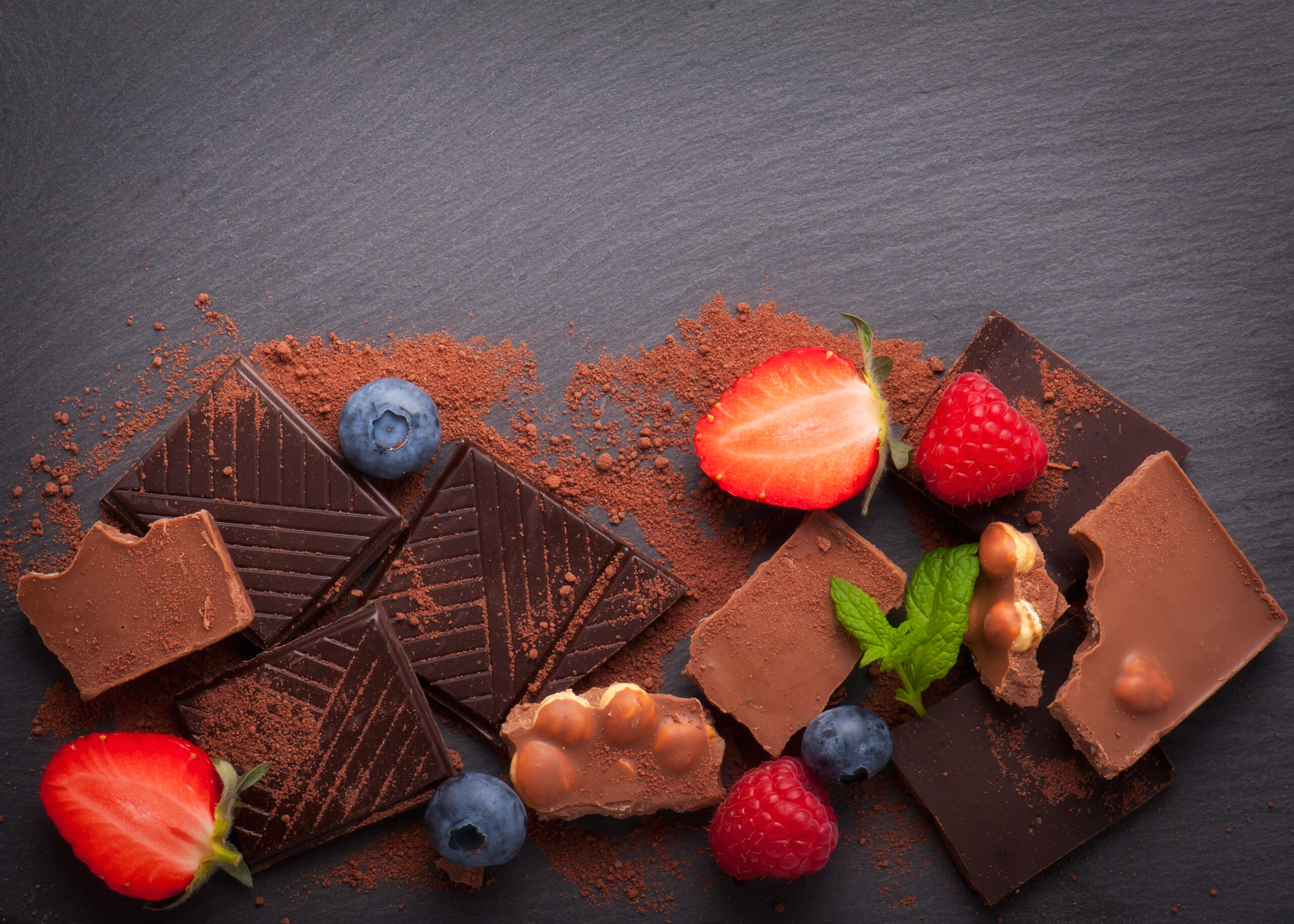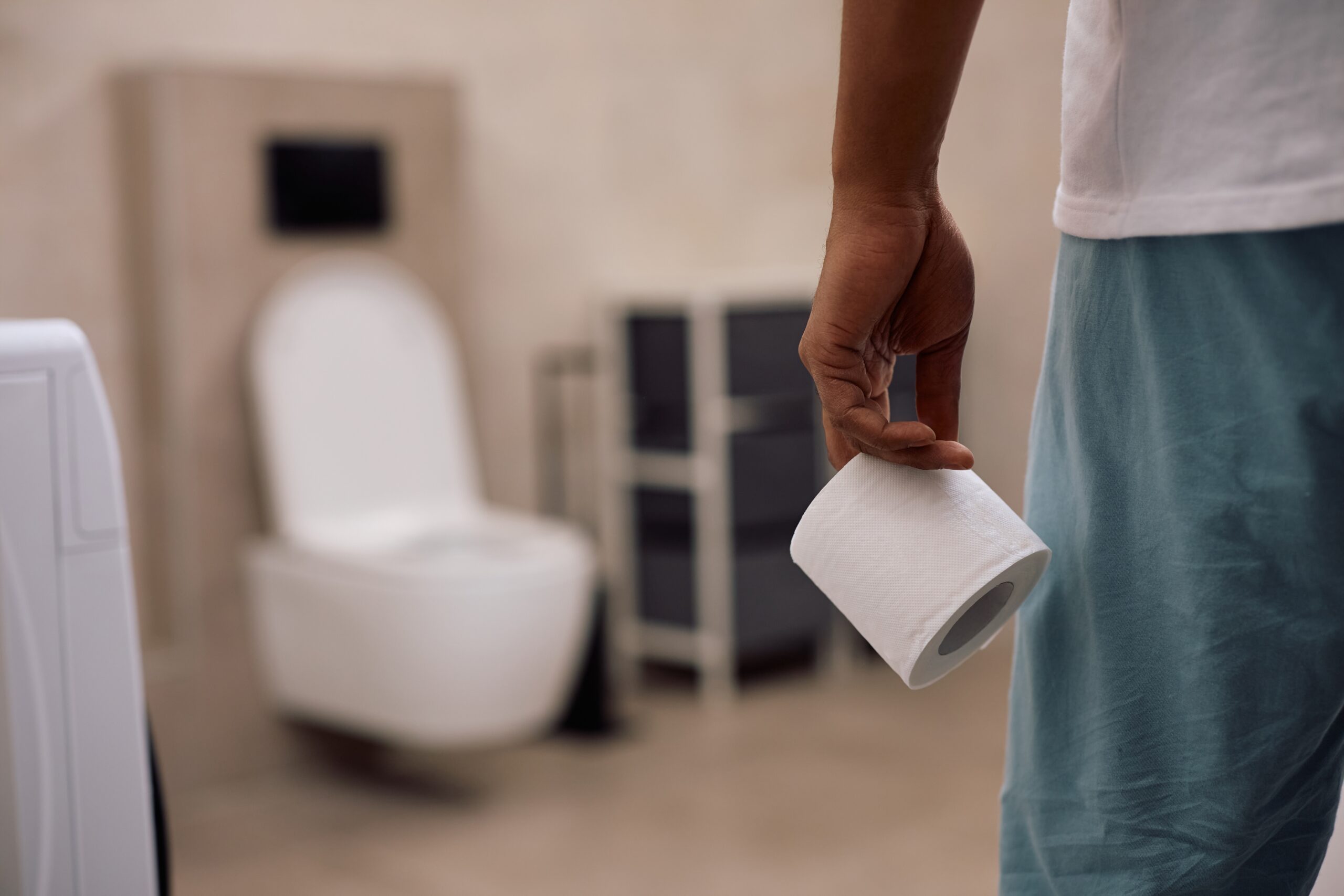The drinks in your fridge may be quietly sabotaging your hair—could the answer really be as simple as a vitamin?
At a Glance
- High intake of sugary drinks and alcohol is linked to hair loss and premature graying in multiple large-scale studies.
- Vitamin D emerges as the nutrient most consistently tied to stronger, healthier hair—supported by at least five scientific studies.
- Expert consensus is shifting: dermatologists and nutritionists recommend limiting these drinks and ensuring adequate vitamin D and iron.
- Observational evidence is strong, but more research is needed before official dietary guidelines for hair health are issued.
Sugary Drinks and Alcohol: A Hair Health Threat Hidden in Plain Sight
Researchers reviewing data from over 61,000 participants have linked frequent consumption of sugary drinks and alcohol to increased risk for hair loss, including male pattern baldness and premature graying. This connection, once speculative, now rests on systematic reviews and cohort studies spanning several years and continents. The pattern is clear: those who indulge in soda, sweetened teas, and regular alcohol are more likely to report thinning hair and early gray strands, regardless of gender or ethnicity. These findings have prompted a wave of expert warnings and public interest, especially among individuals concerned about aging and self-image.
Dietary influences on hair health have long been debated, but the global rise in sugary drink and alcohol consumption—and parallel uptick in hair loss cases—has shifted the debate into the realm of urgent public health. Dermatology clinics report more patients inquiring about lifestyle factors, while nutritionists observe that those with poor dietary habits also face greater challenges with hair retention and color. The beverage industry, meanwhile, finds itself under increasing scrutiny as new research points to hidden consequences in everyday choices.
Vitamin D: The Quiet Protector Against Hair Loss
Amid the negative headlines surrounding popular drinks, vitamin D stands out as a scientifically supported ally in the fight against hair loss. At least five major studies have found that individuals with adequate vitamin D levels are less likely to experience alopecia, premature graying, or thinning hair. Vitamin D’s role appears to be twofold: it supports the hair follicle’s growth cycle and helps regulate immune responses that can trigger hair loss disorders. Leading dermatologists, such as Dr. Gary Goldenberg and Dr. Ife J. Rodney, now recommend routine vitamin D screening for patients experiencing unexplained hair changes, alongside other dietary assessments.
Expert panels caution that while vitamin D has shown promise, it is not a magic bullet. Iron deficiency remains another common trigger for hair loss, especially in women, and excess vitamin A can paradoxically cause shedding. These nuances underscore the importance of balanced nutrition—simply loading up on supplements without guidance may do more harm than good. The consensus among nutritionists is to aim for a varied diet rich in lean proteins, leafy greens, and fortified foods, while minimizing empty calories from sweetened beverages and alcohol.
Expert Commentary and Practical Recommendations
Systematic reviews published in August 2025 provided much of the current momentum, synthesizing results from seventeen peer-reviewed studies. These reviews confirm that sugary drinks and alcohol are consistently associated with higher rates of hair loss, but stop short of establishing direct causality. Most evidence is observational, meaning other factors—genetics, stress, environmental exposures—may also play a role. Nonetheless, the weight of the data has convinced many health professionals to proactively counsel patients on their beverage choices.
Dermatologists such as Dr. Joshua Zeichner and nutritionists like Keri Gans emphasize practical steps: limit intake of sodas, sweet teas, and alcohol; prioritize vitamin D and iron-rich foods; and avoid excessive supplementation of vitamin A. These recommendations, while not yet codified as official dietary guidelines, reflect a growing expert consensus. The hope is that by adopting these habits, individuals can reduce their risk of hair loss and premature aging, while improving overall health.
Broader Implications: From Industry Shifts to Social Awareness
The ripple effects of these findings extend beyond individual behavior. Beverage companies may face pressure to reformulate products or market healthier alternatives. Public health campaigns could emerge, targeting dietary risk factors for hair loss alongside more familiar concerns like diabetes and obesity. The supplement industry stands to benefit from increased demand for vitamin D and iron products, while dermatology and nutrition clinics may see a surge in consultations.
Socially, the narrative is evolving: hair loss is no longer seen as an inevitable sign of aging, but as a potential consequence of modifiable lifestyle choices. For those in the 40+ age group, often juggling stress, shifting hormones, and changing diets, the message is clear—what you drink can matter as much as what you eat. As more research emerges, expect new guidelines and recommendations to reshape how we think about beverages, nutrients, and the health of our hair.
Sources:
News-Medical: Sugary drinks increase hair loss risk, scientists warn
Women’s Health: Alcohol and Hair Loss Study
Food Navigator: Sugary Drinks Linked to Hair Loss
PubMed: Sugar-sweetened beverage consumption and male pattern hair loss

